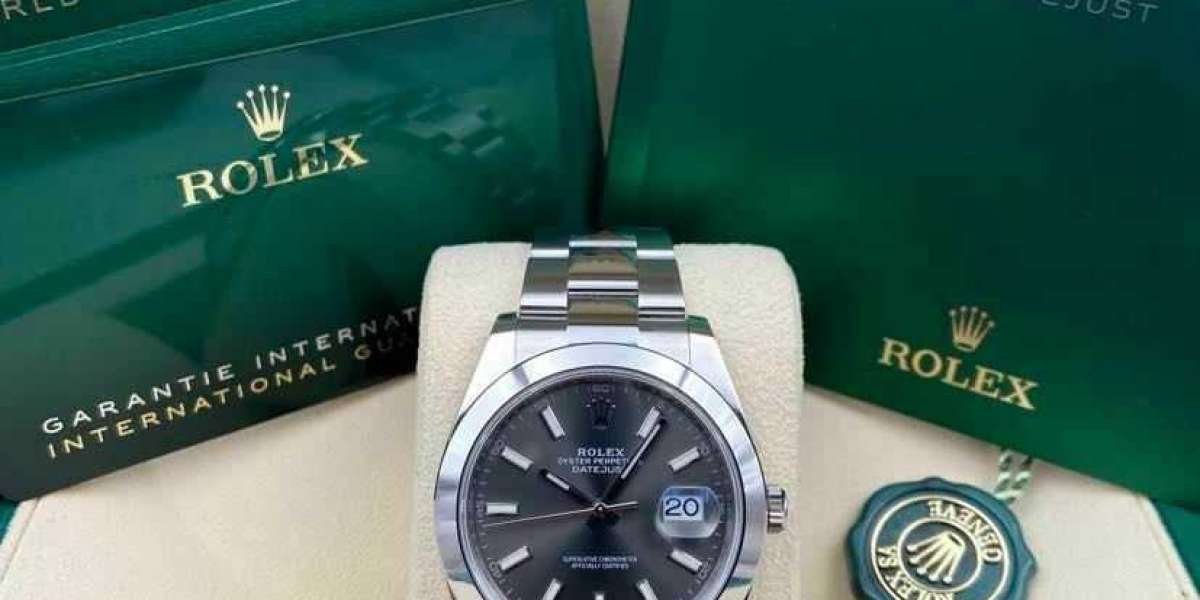Introduction
The marketplace for luxury watches is a profitable one, with manufacturers like Rolex commanding high prices due to their repute for high quality and craftsmanship. However, not everybody can afford an genuine Rolex watch, leading some people and companies to promote faux or replica versions at a fraction of the associated fee. However is it authorized to sell these counterfeit timepieces? This text will discover the ethical and legal issues surrounding the sale of faux or replica Rolex watches.
Ethical Considerations
From an moral standpoint, selling fake or replica Rolex watches can be seen as dishonest and deceptive. Shoppers who purchase these counterfeit items might imagine they're getting a excessive-quality product when in actuality, they are buying a knock-off. This may result in disappointment and a loss of trust in the vendor. Furthermore, counterfeit items often fund criminal organizations and contribute to a black market economy, which might have negative social implications.
In addition, the sale of faux or replica watches can harm the fame of the unique model. Rolex has constructed a robust model picture through the years, and the presence of counterfeit variations out there can dilute the exclusivity and prestige related to owning a genuine Rolex watch. This could in the end influence the model's profitability and standing within the luxurious watch industry.
Legal Concerns
Whereas the sale of pretend or replica Rolex watches is unethical, additionally it is unlawful in many jurisdictions. Rolex holds trademarks and copyrights for its designs and logos, that are protected by intellectual property laws. Promoting counterfeit items that infringe on these rights can result in legal action, including civil lawsuits and criminal charges. Within the United States, for instance, the Lanham Act prohibits the sale of counterfeit goods and permits trademark owners like Rolex to seek damages and injunctions against infringing events.
Along with intellectual property legal guidelines, selling counterfeit watches may also violate shopper protection legal guidelines. Many nations have laws in place to guard customers from deceptive commerce practices, akin to false promoting and fraud. Promoting faux or best replica watch site Rolex watches with out disclosing their true nature can be considered a type of fraud, exposing sellers to authorized consequences.
Penalties for Promoting Fake Rolex Watches
The penalties for selling fake Rolex watches can differ depending on the jurisdiction and the specific circumstances of the case. In some international locations, selling counterfeit goods is punishable by hefty fines and imprisonment. In the United States, for example, people convicted of trafficking in counterfeit goods can face as much as 10 years in prison and fines of up to $2 million for firms.
Along with criminal penalties, sellers of pretend Rolex watches could also be topic to civil lawsuits filed by the trademark proprietor. Rolex has a authorized workforce devoted to enforcing its intellectual property rights and combating counterfeiting. The company actively pursues legal action in opposition to sellers of fake Rolex watches, seeking damages for misplaced sales and hurt to its model reputation.
Conclusion
In conclusion, the sale of pretend or replica Rolex watches is a complex issue with moral and legal implications. While it may be tempting to buy a knock-off version of a luxury watch at a discounted worth, customers should bear in mind of the risks related to shopping for counterfeit items. Sellers of faux Rolex watches should also be conscious of the potential authorized consequences of their actions. Finally, the most effective course of action is to assist authentic manufacturers and merchandise, and to respect the mental property rights of others.



